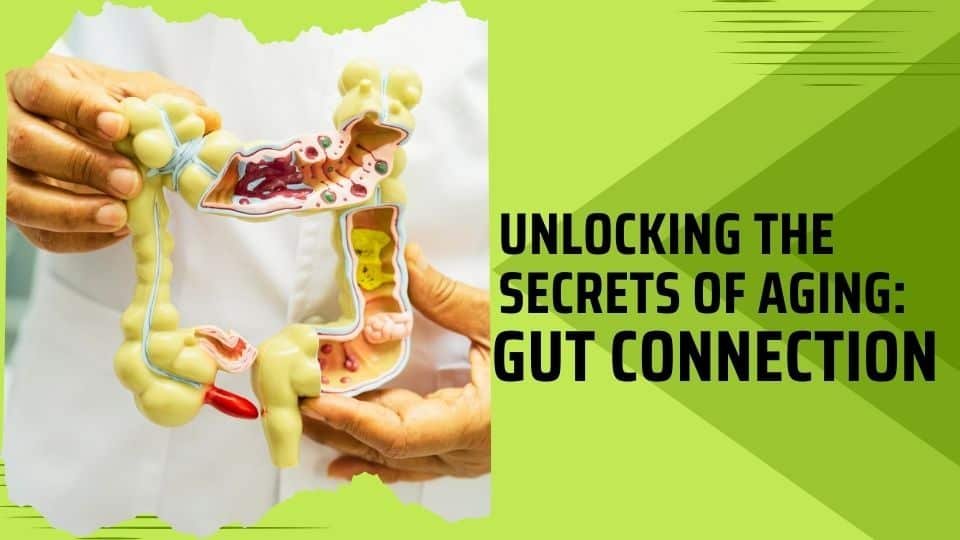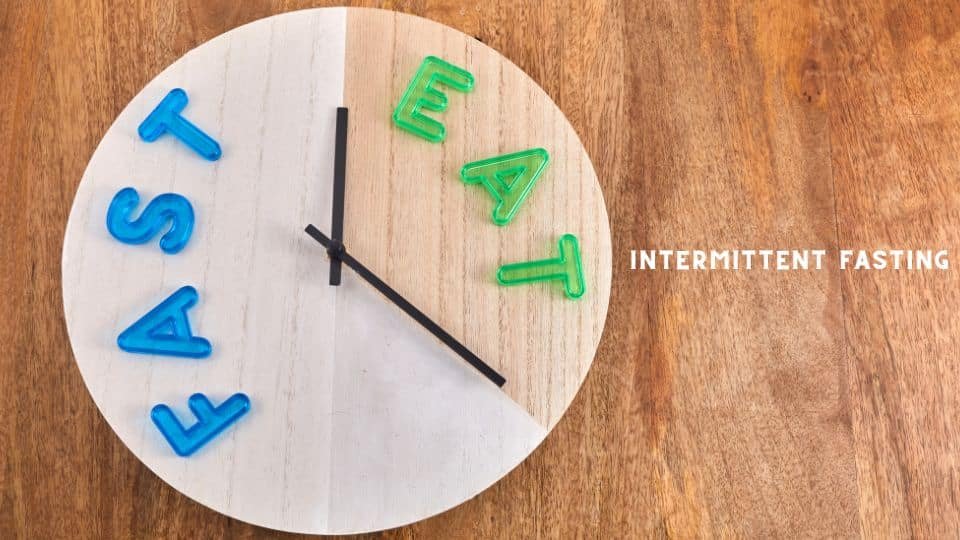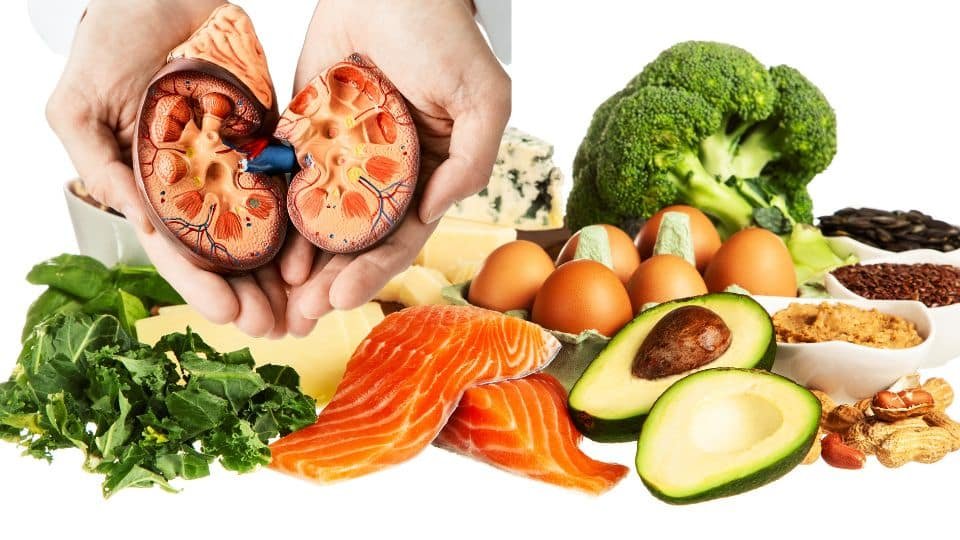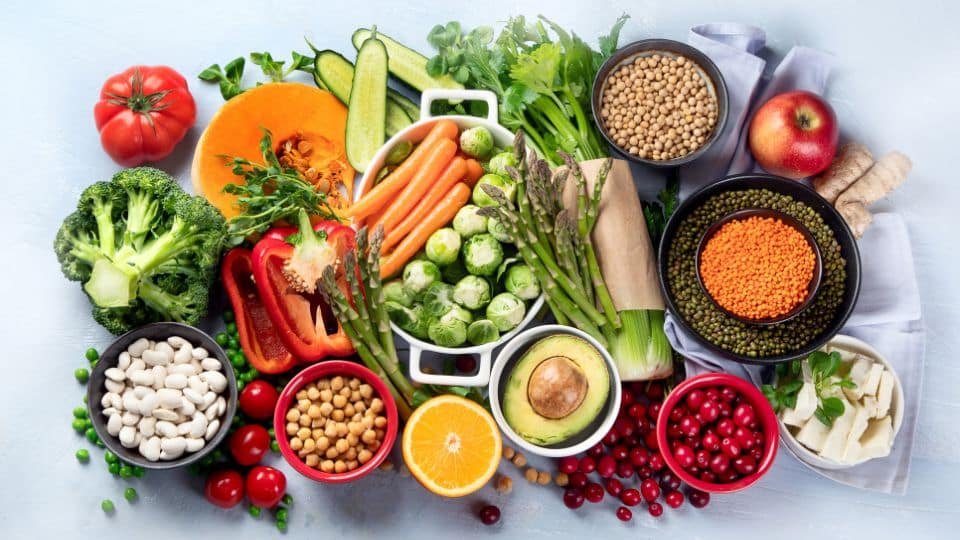Welcome! Today! We discuss chronic Stress, which has become an ever-present challenge for many in a fast-paced and demanding world. But have you ever wondered how stress affects our eating habits? Recent research conducted by Sydney scientists sheds light on this fascinating connection.
In their study, the Garvan Institute of Medical Research scientists aimed to understand how chronic stress influences our brains and food choices. They focused on a specific region called the lateral habenula, known for its involvement in regulating reward responses.
Under normal circumstances, the lateral habenula acts as a natural switch, turning off our brain’s reward response after a satisfying meal. However, when chronic stress enters the picture, something remarkable happens.
Through experiments with mouse models, the researchers found that stress overrides the lateral habenula’s normal function. It no longer suppresses our brain’s reward signals, resulting in continuous cravings and promoting overeating, especially when combined with calorie-dense comfort food.
The consequences are striking. Stressed mice on a high-fat diet gained twice as much weight as their non-stressed counterparts on the same diet. This weight gain was attributed to a molecule called NPY, produced by the brain in response to stress. Blocking NPY’s activation in the lateral habenula reduced the consumption of comfort food and resulted in less weight gain.
But weight gain wasn’t the only change observed. The scientists also conducted a sucralose preference test, offering the mice a choice between plain water and artificially sweetened water. Stressed mice on a high-fat diet displayed a threefold increase in their preference for sweetened water, indicating a specific craving for sweet and pleasant foods.
You can also view this article: Junk Food May Impair Our Deep Sleep?
These findings underscore the importance of maintaining a healthy diet, particularly during times of stress. While stress may temporarily increase our energy needs, chronic stress disrupts our brain’s natural ability to balance those needs.
To combat stress-induced cravings, it’s crucial to avoid a stressful lifestyle as much as possible. If you find yourself dealing with long-term stress, focus on consuming a nutritious diet and keep tempting junk food out of reach. By making conscious choices, we can take control of our well-being and overcome the negative impact of stress on our eating habits.
Remember, the next time stress takes hold, opt for nourishing foods that support your health. It’s a small step towards a healthier, stress-free lifestyle.
Glossary:
- Chronic Stress: Long-term, persistent stress that can have detrimental effects on physical and mental health.
- Garvan Institute of Medical Research: A renowned medical research institute based in Sydney, Australia, known for conducting scientific studies and experiments to advance medical knowledge.
- Lateral Habenula: A specific region in the brain associated with regulating reward responses and involved in controlling the brain’s response to satisfaction after a meal.
- Reward Response: The brain’s reaction to pleasurable stimuli, often associated with positive experiences or behaviors, including eating.
- Calorie-Dense Comfort Food: Foods that are rich in calories and provide a sense of comfort or pleasure when consumed are often associated with emotional eating.
- Mouse Models: Mice used in scientific experiments to study biological processes and responses that may have implications for understanding human physiology.
- NPY (Neuropeptide Y): A molecule produced by the brain in response to stress, implicated in promoting overeating and weight gain.
- Sucralose Preference Test: A test involving the choice between plain water and artificially sweetened water to assess preferences, often used in studies related to taste and cravings.
- Nutritious Diet: A diet that provides essential nutrients, vitamins, and minerals necessary for maintaining good health and well-being.
- Stress-Induced Cravings: Intense desires for specific foods triggered by stress, often leading to overeating.
- Junk Food: Highly processed and low-nutrient foods that are high in calories, sugar, and unhealthy fats.
Journal Reference:
Chi Kin Ip, Jemma Rezitis, Yue Qi, Nikita Bajaj, Julia Koller, Aitak Farzi, Yan-Chuan Shi, Ramon Tasan, Lei Zhang, Herbert Herzog. Critical role of lateral habenula circuits in the control of stress-induced palatable food consumption. Neuron, 2023; DOI: https://doi.org/10.1016/j.neuron.2023.05.010



 By
By










